Losing a pet is one of a pet owner’s most heart-wrenching experiences. Our furry, feathered, or scaled friends become integral members of our families and our lives, and their loss can leave a significant void. Navigating this period of grief is challenging, but acknowledging and addressing the emotional turmoil is vital. Our Animal Urgent Care of Oconomowoc team offers practical advice on personal coping mechanisms, supporting children through pet loss, and identifying and helping grieving pets.
Personal coping mechanisms for losing a pet
Everybody grieves and handles loss in their own way, but the following tips may help you cope with your pet’s passing:
- Allow yourself to grieve — The first step in coping with the loss of your pet is to allow yourself to grieve. It’s normal to feel a range of emotions—from sadness and anger to guilt and sometimes relief that they are no longer suffering. Recognize that your feelings are valid and take the time you need to process them.
- Create a memorial — Creating a memorial for your pet can be therapeutic for honoring their memory. This could be a small garden in your backyard, a photo album, or a special keepsake. A tangible memory of your pet can provide comfort and remind you of the joy they brought into your life.
- Seek support — Talking to friends and family members who understand the bond you shared with your pet can be incredibly comforting. If you have difficulty expressing your feelings, consider joining a pet loss support group or speaking with a therapist who specializes in grief counseling.
- Engage in self-care — During this emotionally draining time, you must care for yourself. Engage in activities that bring you peace and relaxation, such as reading, exercising, or spending time with nature. Maintaining a routine can also provide a sense of normalcy and stability.
Supporting children through the loss of their pet
Losing a pet can be exceptionally difficult for children, particularly if the pet has been part of the family their entire life. Help your child navigate the loss of your pet by:
- Opening up communication — Children may struggle to understand losing a pet, and their reactions can vary widely based on their age and maturity. Encourage open communication by allowing them to ask questions and express their feelings.
- Providing comfort — Comfort and reassure your children. Let them know that feeling sad is OK and their feelings are normal.
- Creating a ritual — Involving children in a memorial or farewell ritual can help them process their grief. Activities could be as simple as lighting a candle, planting a tree, or drawing pictures of your pet, which can provide a sense of closure and help your children say “Goodbye” in a meaningful way.
- Reading pet-loss books — Many children’s books that address the topic of pet loss are available. Reading these books with your children can help them understand their feelings and learn that they are not alone in their grief.
- Encouraging artistic expression — Children often find it easier to express their emotions through art. Encourage them to draw pictures, write stories, or create a scrapbook about their pet.
Identifying and helping grieving pets
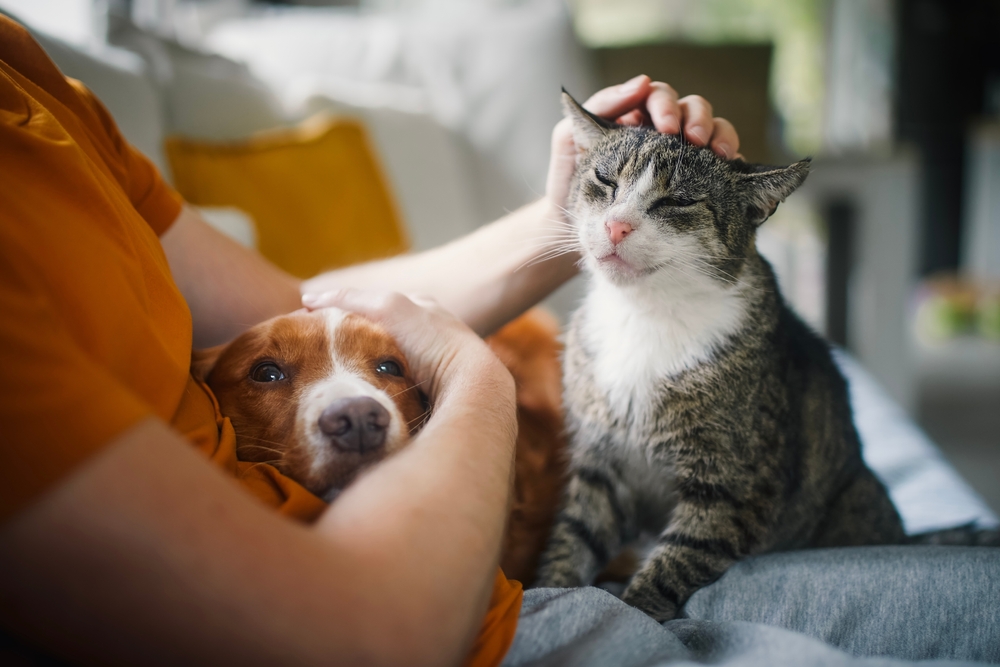
Pets can also grieve the loss of a household member, so support your remaining pets with the following tips:
- Recognize grief in pets — Signs of grief in pets may include appetite changes, lethargy, increased vocalization, or searching for their lost friend. It’s important that you recognize these behaviors and acknowledge that they are experiencing their own form of grief.
- Maintain a routine — A consistent routine can provide a sense of security and normalcy for your grieving pet. Regular feeding times, walks, and play sessions can offer comfort and stability during this difficult time.
- Provide extra attention — Spend more time with your grieving pet to reassure and comfort them. Extra cuddles, grooming, and gentle play can help them feel loved and supported. Pay attention to their needs and be patient as they adjust to the loss.
Losing a pet is a profound, deeply personal experience, but acknowledging your grief, seeking support, and honoring your pet’s memory can begin the healing process. Supporting grieving children and recognizing signs of grief in other pets are also crucial steps in navigating this difficult time. You and your family will find solace and healing with time.
If you suspect your remaining pets are struggling with grief, contact your primary care veterinarian or contact our Animal Urgent Care of Oconomowoc team for serious issues.


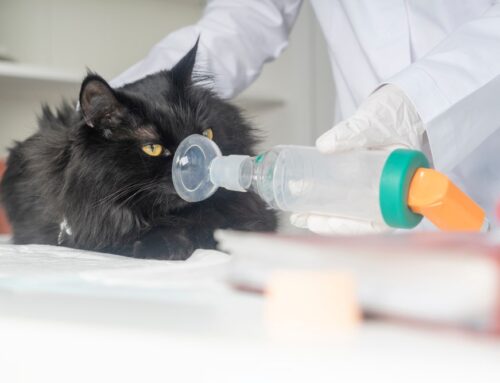
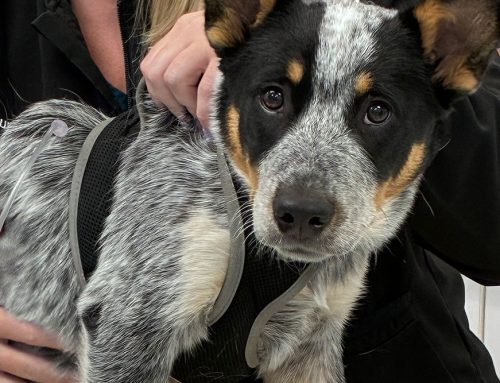
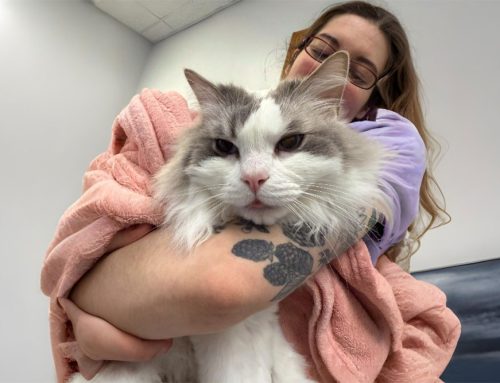
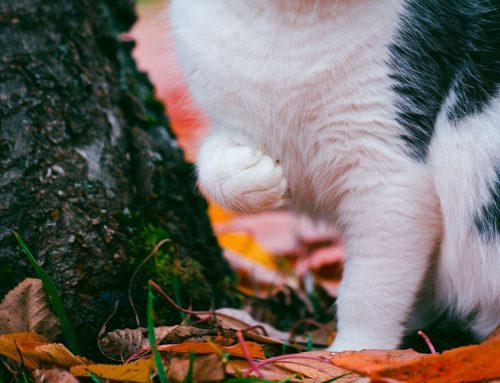

Leave A Comment